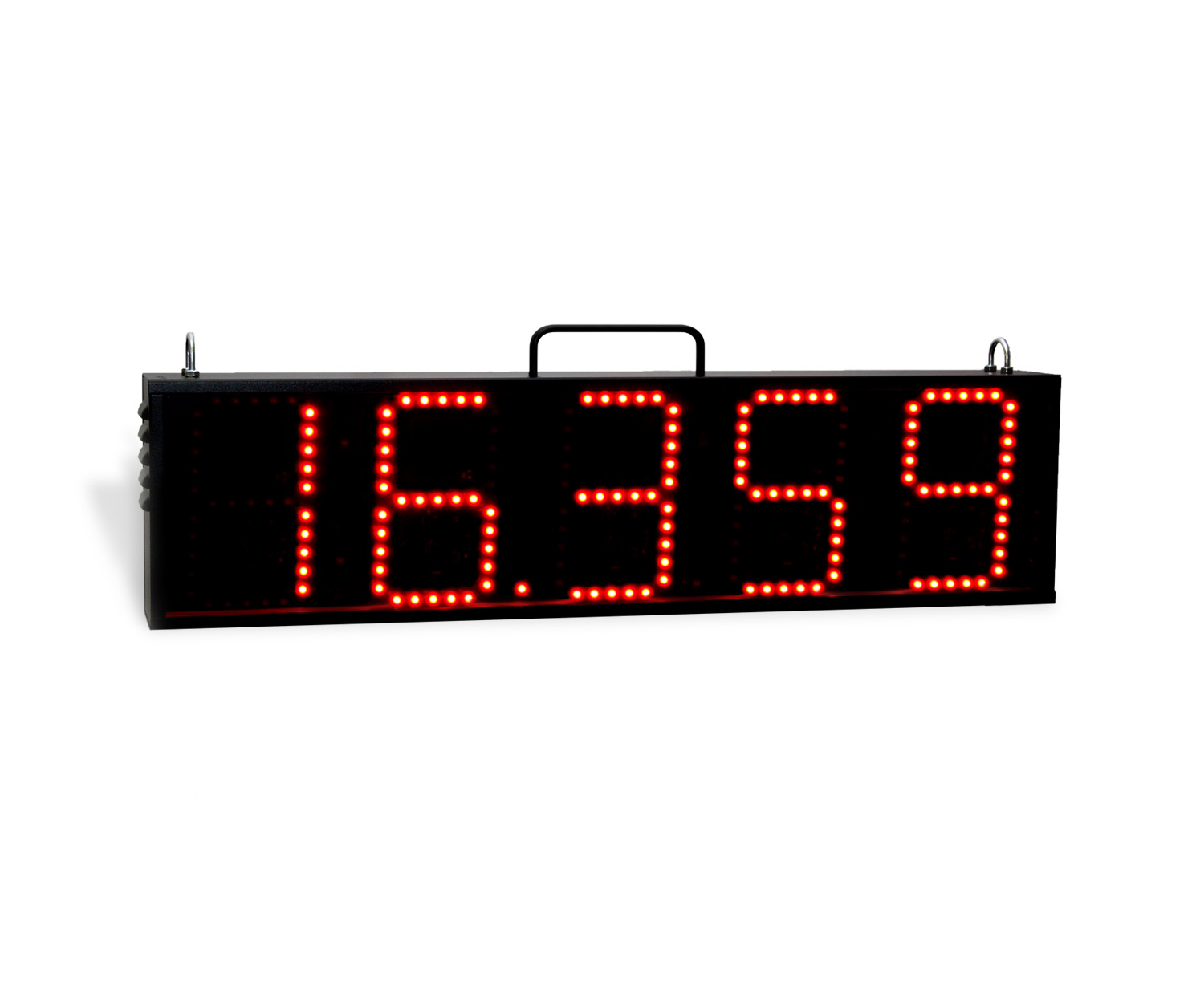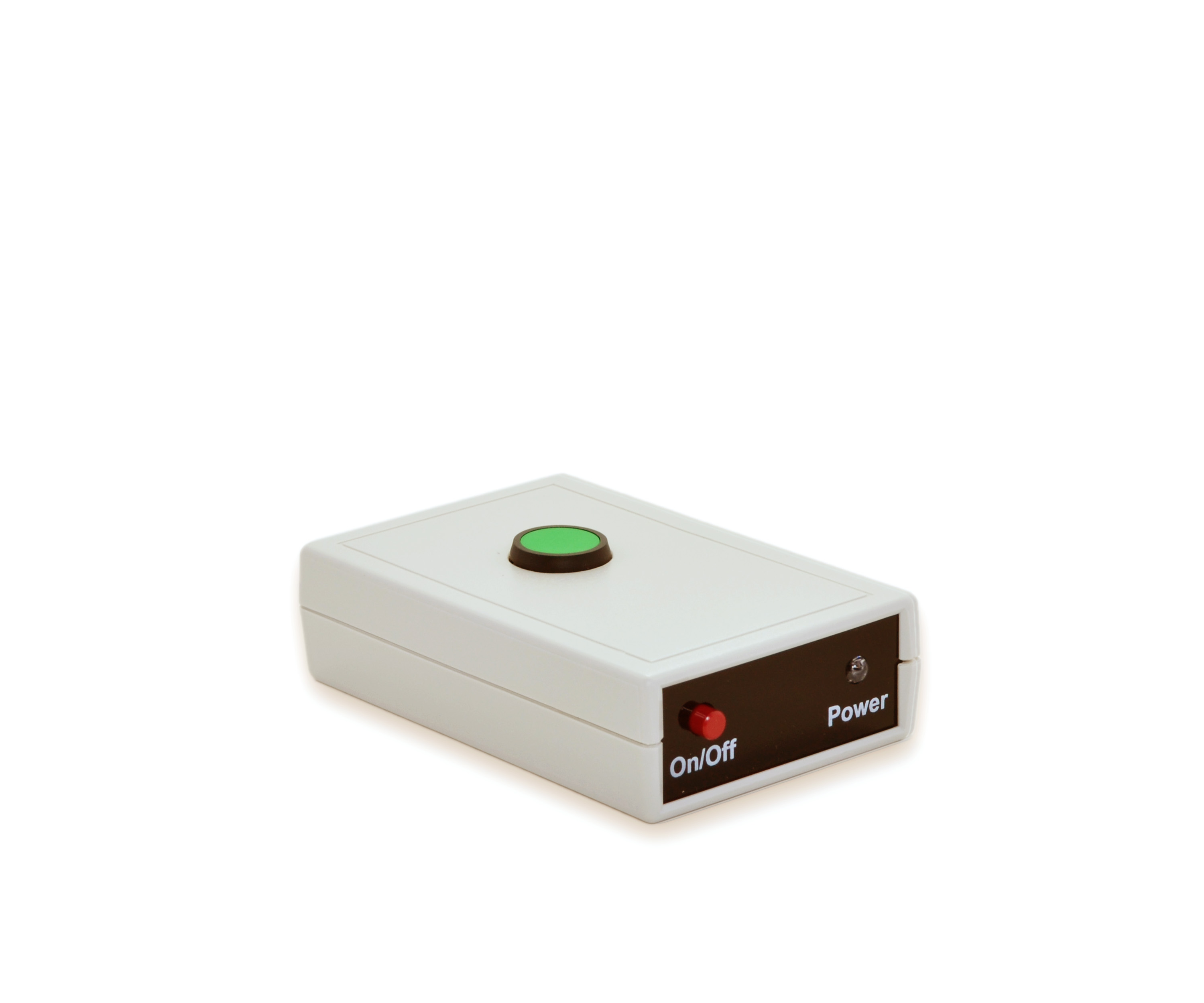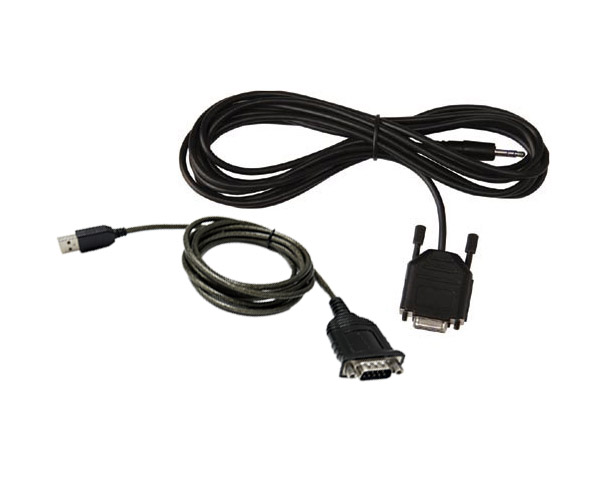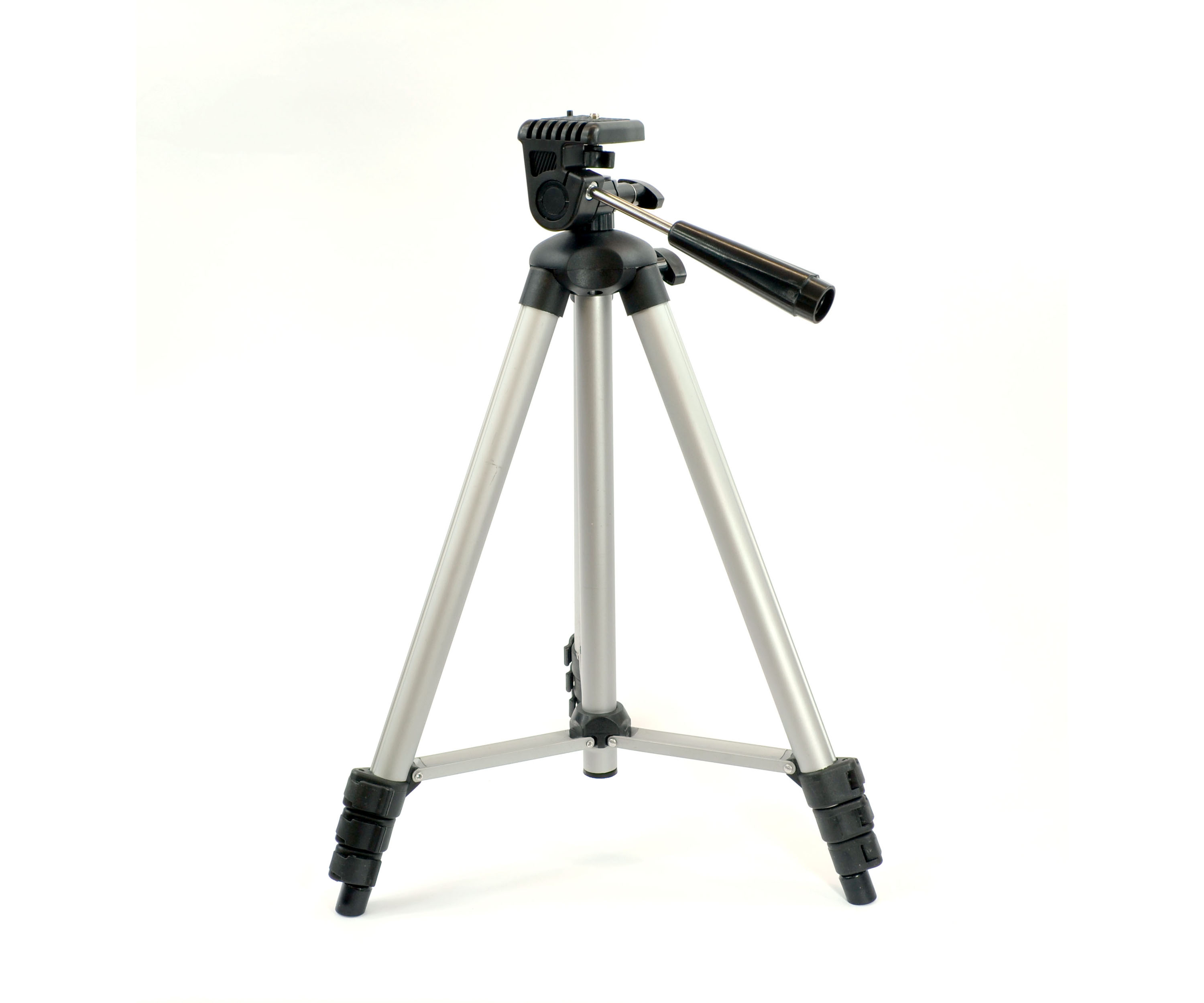Description
If you have recently attended a barrel race, rodeo, team penning, ranch sorting or cutting, there's a good chance that one of our timing systems was in use. All of our systems offer the convenience of wireless operation. With no cables to run
to the electric eyes and no power connections to the timing console or the electric eyes, system set-up and tear down is quick and easy.
Time most any rodeo event (other than roping events) with this system. For Cutting and Team Penning events, the electric eyes can be used to eliminate the start line flagger.
Features
- The timer automatically starts and stops as the rider crosses an electric eye beam in the arena for simple hands-free timing of barrel racing, pole bending and other speed events.
- Timing automatically starts at zero for each new rider — no manual reset is required, no waiting for timed resets.
- The timer can be set to automatically (or manually) ignore intermediate beam breaks for multiple-pass events like the figure eight, relays, etc.
- Penalties can be entered for any timed event. The penalty is added to the rider's time. If a scoreboard is connected, it is also updated to reflect the penalty.
- The timer can automatically generate and display random cattle numbers.
- The timekeeper can see the cattle number before the ride starts if adjustment is required.
- If a scoreboard is connected, the rider is shown the cattle number when the timer starts.
- The timer sounds both the warning and final horns automatically.
- Complaints about the start-line flagger can be eliminated by using an electric-eye start.
- The timekeeper can force selection of cattle numbers from a reduced set of numbers when a smaller herd is used.
- The pen judge uses a wireless handswitch to mark the time that each cow is sorted.
- The sort time of each cow is recorded on the timer console and displayed on the scoreboard (if used) instead of requiring a separate stop watch ("lap timer") for this purpose.
- The timer can automatically generate and display random cattle numbers.
- The timekeeper can see the cattle number before the ride starts if adjustment is required.
- If a scoreboard is connected, the rider is shown the cattle number when the timer starts.
- The timekeeper can force selection of cattle numbers from a reduced set of numbers when a smaller herd is used.
- The timer sounds both the warning and final horns automatically.
- The timer counts down towards zero from any time specified (2:30 for example). When zero is reached, the horn automatically sounds and the timer stops.
- After the run, the rider's score can be entered for display on the optional scoreboard. The score remains displayed until the timer is started for the next rider.
- Complaints about the start-line flagger can be eliminated by using an electric-eye start.
- Different horn times are easily entered depending on the roughstock event.
- Timing automatically starts from zero when the timekeeper presses the START button. When the horn time is reached (eight seconds, for example), the horn automatically sounds and the timer stops.
- NEW! The timer can be set to still sound the horn at eight seconds even if the rider falls off and the timer is stopped prior to eight seconds.
- After the run, the rider's score can be entered for display on the optional scoreboard. The score remains displayed until the timer is started for the next rider.
- If it is difficult to see the gate release from the timer's booth, we'd recommend adding a wireless handswitch (see below) to let the gate judge remotely start the timer when the bull is released.




